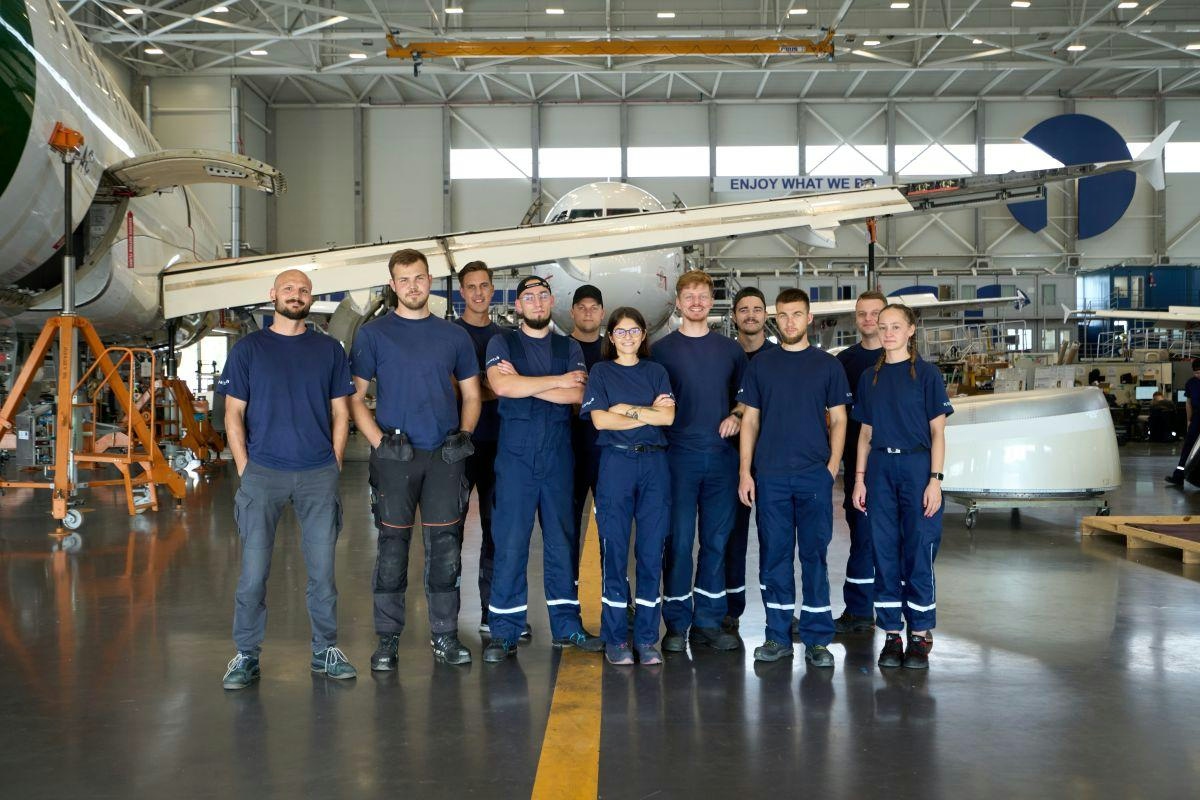エアロジニー — あなたのインテリジェントな副操縦士。
現在のトレンド
Categories
Why the Dominican Republic Is Emerging as a Hub for Aviation MRO

Why the Dominican Republic Is Emerging as a Hub for Aviation MRO
The global aviation maintenance, repair, and overhaul (MRO) market is experiencing significant growth, with expenditures surpassing $114 billion in 2024 and projected to reach $156 billion by 2035, expanding at an annual rate of 2.7%. This surge is largely driven by a 10% increase in global passenger traffic in 2024, which has resulted in more aircraft operating worldwide and heightened demand for maintenance services. Despite this growth, the sector faces considerable challenges, including labor shortages, supply chain disruptions, and escalating costs. Labor expenses alone increased by 7.2% in 2023 and a further 5.8% last year, while material costs rose by 6.5%, placing additional pressure on MRO providers.
Strategic Advantages of the Dominican Republic
Amid these challenges, the Dominican Republic is rapidly positioning itself as a strategic hub for aviation MRO. The country’s appeal stems from a combination of geographic, regulatory, and infrastructural advantages. Its Free Trade Zones (FTZs) offer significant cost benefits, potentially reducing MRO expenses by 10 to 15 percent through tax incentives, duty-free operations, and streamlined logistics. These zones eliminate tariffs on aircraft parts and components and provide exemptions from corporate income tax for approved activities, thereby enhancing operational efficiency.
Žilvinas Lapinskas, CEO of FL Technics Group, highlights the importance of these incentives, noting that the company plans to inaugurate the first fully independent MRO facility within Punta Cana’s Free Trade Zone this fall. Punta Cana’s location, just a 90-minute flight from Miami and three hours from other major U.S. hubs, further enhances its potential as a regional MRO center. Lapinskas emphasizes that while Punta Cana has the capacity to become a significant MRO hub, realizing this potential will require strategic decisions from local authorities, with the establishment of the FTZ marking a critical step forward.
Developing an Integrated Aviation Ecosystem
Punta Cana International Airport (PUJ) already serves as a vital cargo hub, and its evolution into an MRO-friendly environment represents a natural progression. Frank Elías Rainieri, president and CEO of Grupo Puntacana, describes the airport as developing into a comprehensive ecosystem for aviation and logistics. It is among the few airports worldwide that simultaneously support tourism, logistics, MRO, and free trade zones, creating a unique environment conducive to rapid expansion across these sectors.
A planned joint investment exceeding $70 million will support the development of state-of-the-art MRO facilities, advanced maintenance technologies, and workforce training led by top aviation professionals. This initiative has garnered positive market response, with increased investments and new partnerships reflecting growing confidence in the Dominican Republic’s emergence as an MRO hub.
Challenges and Competitive Landscape
Despite these promising developments, the Dominican Republic faces ongoing challenges. Navigating complex regulatory frameworks and contending with competition from other emerging MRO centers will be critical to sustaining growth. Competitors are expected to enhance their own infrastructure and services in response, intensifying the race for market share.
Nonetheless, the Dominican Republic’s strategic location, favorable regulatory environment, and proactive infrastructure development are positioning it as a key player in the global aviation MRO industry.

Emirates Unveils Cabin Design for New Boeing 777X

Eighteen Years On, the Airbus A380 Remains Central to a $34 Billion Airline

How a boom in luxury airline seats is slowing down jet deliveries

Navitaire Outage Attributed to Planned Maintenance

DigiYatra Debuts Outside Aviation at India AI Impact Summit

Vietnam Orders Strengthen Boeing’s Commercial Outlook

Airbus Signals Uncertainty Over Future A400M Orders

JobsOhio Awards $2 Million Grant to Hartzell Propeller for Innovation Center

Collins Aerospace Tests Sidekick Autonomy Software on YFQ-42A for U.S. Air Force CCA Program

How the Airbus A350-1000 Compares to the Boeing 777
